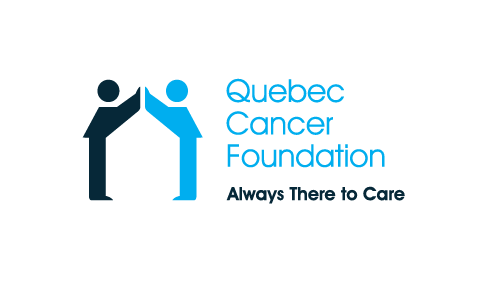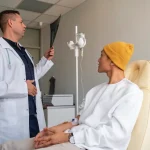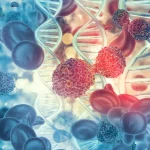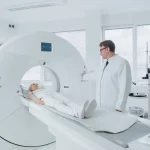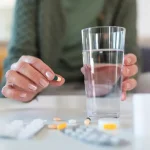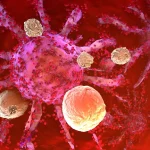Secondary effects associated with anti-hormonal therapy
Taking hormone blockers may affect the functioning of the endocrine glands and slightly modify your physical appearance.
However, these changes will not compromise male or female characteristics, and will not call one’s sexual identity into question.
Signs and symptoms
- For women:
- Hot flashes and night sweats;
- Changes in the menstrual cycle;
- Vaginal dryness and vaginal discharge;
- Slight weight gain;
- Increased risk of venous thrombosis (blood clots);
- Increased risk of endometrial cancer (tamoxifen);
- Joint pain and increased risk of osteoporosis.
- In men:
- Digestive disorders (nausea, vomiting, abdominal pain);
- Increase in the volume of the breast or breast tenderness;
- Hot flashes;
- Loss of sexual desire;
- Loss of muscle and bone mass;
- Mood swings;
- Fatigue.
Helpful hints
- Exercise and follow a balanced, or appropriate, diet to minimize possible alteration in body shape.
- Relieve joint pain with simple analgesics such as acetaminophen (Tylenol) or ibuprofen (Advil, Motrin) except if medically contraindicated.
- Tell the pharmacist about any new symptoms that could be linked to new medication (particularly early in the treatment).
- Inform the medical team of any side effects.
Learn more about hormone therapy.
